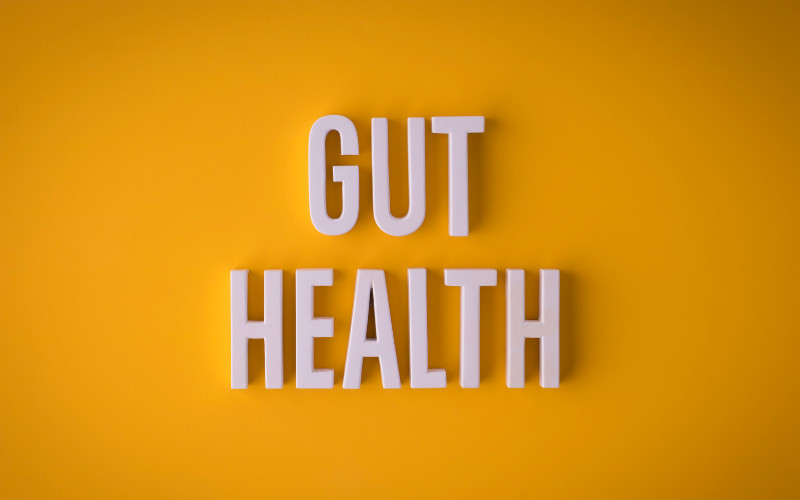As new research uncovers the importance of maintaining a healthy gut microbiome, there is a growing interest in what causes disruptions in the microbiome and what can be done to improve gut health.
First, the gut microbiome refers to the complex ecosystem of living organisms, called microbiota, that inhabit your digestive system. Many of these organisms are beneficial to your overall health and your body’s routine functions. However, when the balance of good bacteria within your gut is thrown off, this can lead to adverse effects on your health, skin, and entire body.
Poor diet, lack of sleep, chronic stress, and other factors are just some of the things that can throw your gut microbiome out of balance. To improve your gut health and therefore also your overall health, mood, and even your skin, try implementing these seven habits into your normal routine.
1. Reduce Sugar Intake
Diets that are high in sugar are detrimental on your health in a number of ways, one of which is disrupting the good bacteria in your gut. High amounts of sugar decrease the number of these beneficial microbiota, resulting in sugar cravings and a vicious cycle of gut damage.
But before you reach for that artificial sweetener, know that these products are no better for your gut health. In fact, research has shown that artificial sweeteners like aspartame increase blood sugar, induce glucose intolerance, and adversely affect the gut microbiome.
2. Eat Prebiotics and Probiotics
Probiotics are living microorganisms that can be added to a specific environment in order to provide a benefit. Thus, you can eat probiotics in yogurt, for example, to add them to your gut microbiome and benefit from them. However, the microbiota that are already living in your gut are not considered probiotics, since they are not being added.
Prebiotics are the “food” that probiotics use to grow and thrive. Certain prebiotics help only specific probiotics to grow, and some prebiotics help “bad” bacteria to thrive as well. So it is important to understand which are beneficial. Just a few sources of healthy prebiotics include:
- Chicory root
- Dandelion leaves
- Garlic
- Onions
- Leeks
- Asparagus
- Bananas
3. Eat Fiber-Rich Foods
Only about 5% of Americans eat sufficient fiber for optimal health. Fiber not only helps your digestive system function properly, but it also helps to provide “food” for healthy gut bacteria. Because a plant-based diet is naturally high in fiber, some evidence suggests that vegetarianism may boost your gut health.
Even if you don’t want to give up meat altogether, try to add more whole grains, fruits, and vegetables to your diet to up your fiber intake.
4. Avoid Taking Antibiotics When Not Needed
When needed, antibiotics are effective treatments for bacterial infections. However, taking antibiotics when you do not have a bacterial infection (antibiotics do not work for viral infections) can disrupt your gut microbiome unnecessarily. See your doctor before beginning a new antibiotic regimen.
5. Reduce Stress
Chronic stress results in a myriad of negative effects on your body and overall health and wellbeing. One of the ways that stress interferes with your health is by disrupting the balance of good bacteria in your gut. Consider adopting healthy stress management tips to help reduce stress and improve your health and mood from the inside out.
6. Drink Plenty of Water
It is vital to your gut health that you stay hydrated. Keep in mind that you may need to reduce your coffee intake, as well as increase your water consumption. Coffee is a diuretic, meaning it makes you urinate more frequently, so your body may lose more water content if you are not drinking enough to make up for this deficit.
7. Eat Slowly
Chewing food well helps your body more readily access the nutrients it needs. In turn, eating slowly also aids in proper digestion and can help you avoid digestive discomfort. As an added bonus, slowing down your meals and practicing mindful eating techniques can help you reach weight loss and fitness goals.






